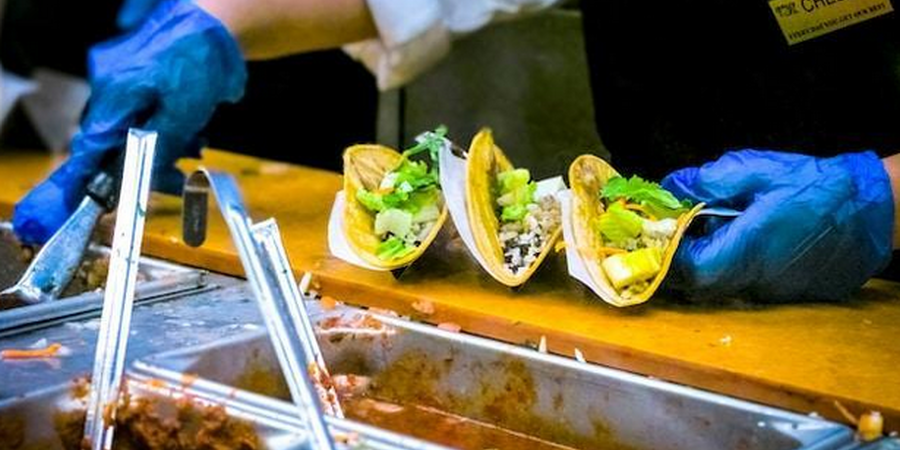Philadelphia, PA
- As the call for sustainable food practices intensifies among consumers, many retailers and food service operators are devising strategies to diminish their environmental impact. Many retailers and food service operators have promptly adjusted to these evolving trends, implementing measures that mitigate their environmental footprint and improve efficiency and profit margins.
However, even as the industry strives to adopt sustainable practices - with a special focus on reducing food waste - one vital factor should never be sidelined for both sustainability and business viability: food safety. Here are some preventive and controls for food safety.
Understand and Remove the Usual Culprits
One of the top strategies for preventing food safety hazards is to proactively handle common causes before they can become problematic. For instance, water that's not clean can result in foodborne diseases. Making sure your water is purified can significantly improve safety in your kitchen. Cross-contamination during meal prep is another usual issue. You can avoid potential difficulties later by dedicating time in the beginning to prevent or remove these and other typical problems.
Properly Preserving Food
Proper food storage also involves categorizing similar items together to reduce the chances of cross-contamination. For instance, dry condiments like herbs and spices should be preserved in sealed containers or jars and shelved away from excessive moisture. Positioning them near wet food ingredients could lead to moisture absorption and a higher chance of spoilage.
Moreover, consider how you store your food in the refrigerator. If you have a multi-tiered fridge with adjustable shelves, place ready-to-eat foods like cooked meats at the top, as they don't require further processing. On the other hand, raw items such as meat, poultry, and fish should be stored on the bottom shelves since they need the most preparation.
Adhere to Appropriate Hygiene Protocols
Nobody wants to dine in an unclean environment, and this doesn't just apply to the kitchen. Even if your kitchen is pristine, contaminants can still be introduced from other untidy areas. Your food safety protocols just like that from TDI Packsys should be able to pass food inspection. Your restrooms, staff rooms, locker areas, and dining spaces are kept as clean as your food preparation areas.
Heating Food to the Correct Temperature
Foods that have been cooked must attain a sufficient internal heat level to eliminate bacteria that may lead to diseases. If you don't possess one already, acquire a food thermometer. Once your meal is cooked, insert the thermometer into the thickest section, avoiding contact with any fat or bone. If your cooked food isn't going to be served right away, maintain its temperature using a warming dish or slow cooker.
Disinfect Tools and Processes
The first step towards averting foodborne diseases is maintaining hygiene. This involves thorough handwashing, keeping the areas where food is prepared clean, and ensuring food is heated to the right temperatures.
Both cleaning and sanitizing are vital preventive steps for securing food safety. All food-contact surfaces need to be consistently cleaned and sanitized. This encompasses utensils, conveyor belts, hoppers for holding, can tracks, machinery for filling and packaging, and any other equipment or surfaces with which food may come into contact.
Cleaning involves eliminating all soil, debris, and contaminants from the surface. This is usually done in a standard food system with hot water and a specified dose of a commercial cleaning product. After the surface is clean, it must be sanitized to destroy any lingering bacteria or viruses.
Endnote
Foodborne illnesses can be gravely serious. While many cases might only cause mild discomfort and a night spent in the restroom, more severe instances could require hospital admission or could even be fatal. Even more disheartening is that most foodborne diseases could have been avoided if proper food safety measures were taken.


